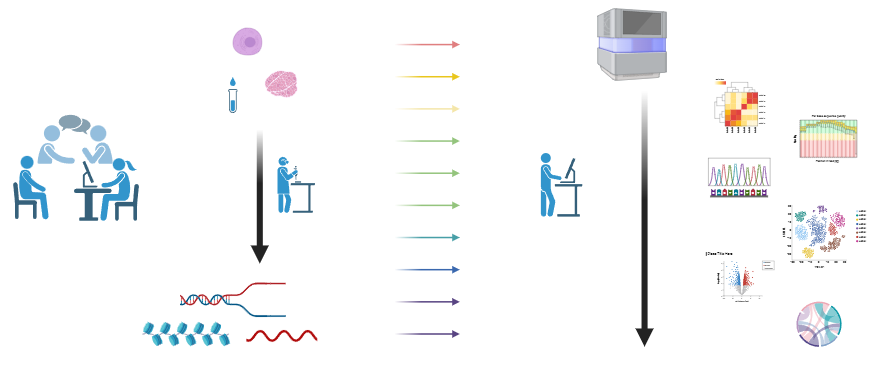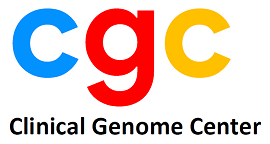Support is provided in close collaboration with:
-
PREmedico which is a more general discussion- and information forum within personalized medicine.
-
OPEN who provides research support for register based research projects and for the creation of databases for clinical projects.
-
SDU e-Science Center, who provides access to high performance computing.
The predecessor of the Clinical Genome Center was established back in 2001 after a 10 mill dkr start-up grant from the Danish Research Agency and called the Human MicroArray Center (HuMAC). In 2014 it received a 3.75 mill dkr grant from the OUH Frontline Programme 2014-17 and was renamed to Clinical Genome Center. In 2018 the Center received an 8.7 mill dkr grant from the Region of Southern Denmark for purchase of hardware and a 9.3 mill dkr grant from University of Southern Denmark as part of the SDU Strategic Plan for Personalized Medicine. These grants allowed for a general increase of the Center’s capacity with the purchase of a state of the art sequencer (Illumina NovaSeq 6000) as well as the employment of additional laboratory technical staff, bioinformaticians and a research coordinator. The center is headed by Professor Mads Thomassen.
The majority of projects in the Center are externally funded and often led by a PI from a clinical department.



